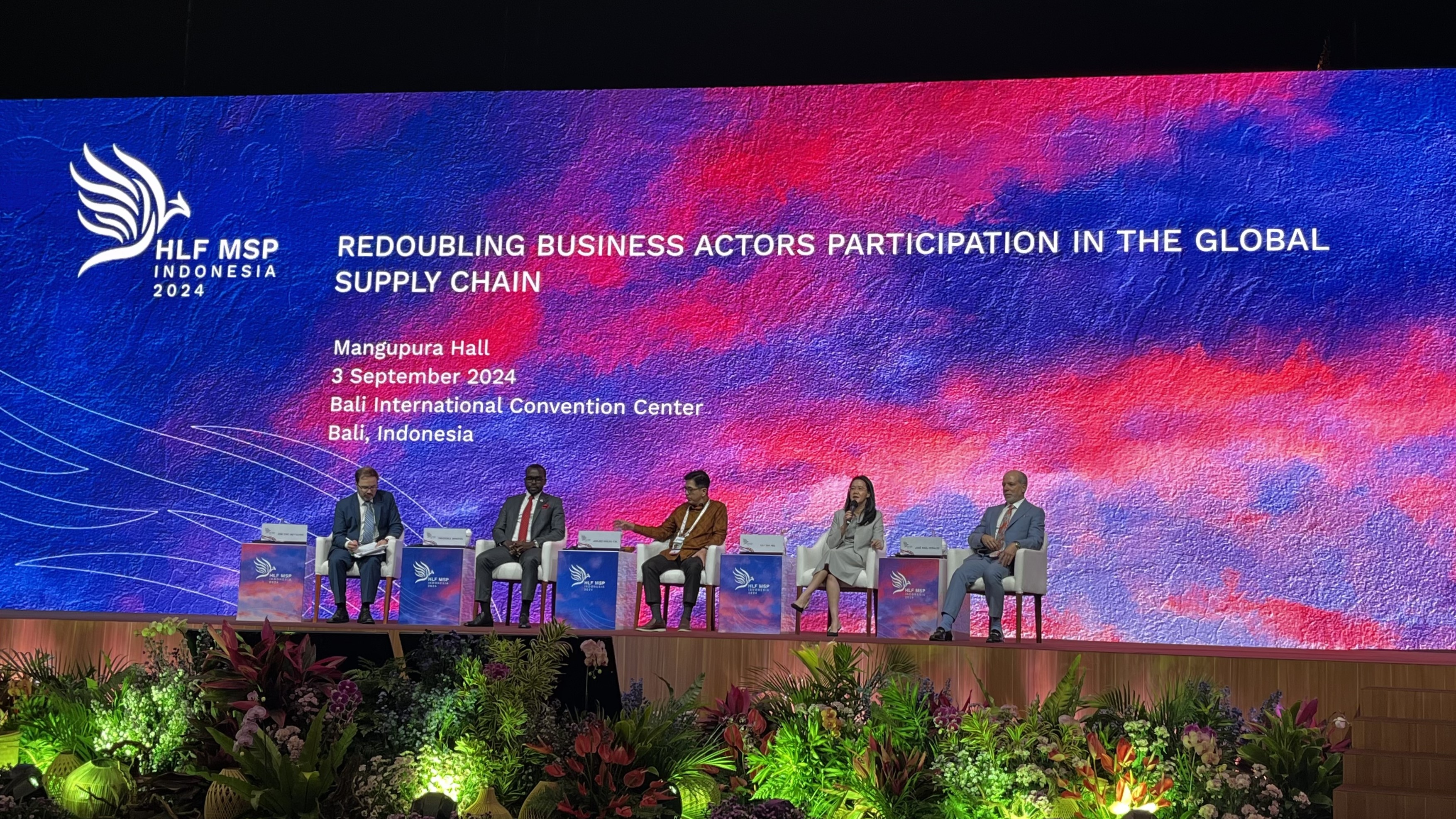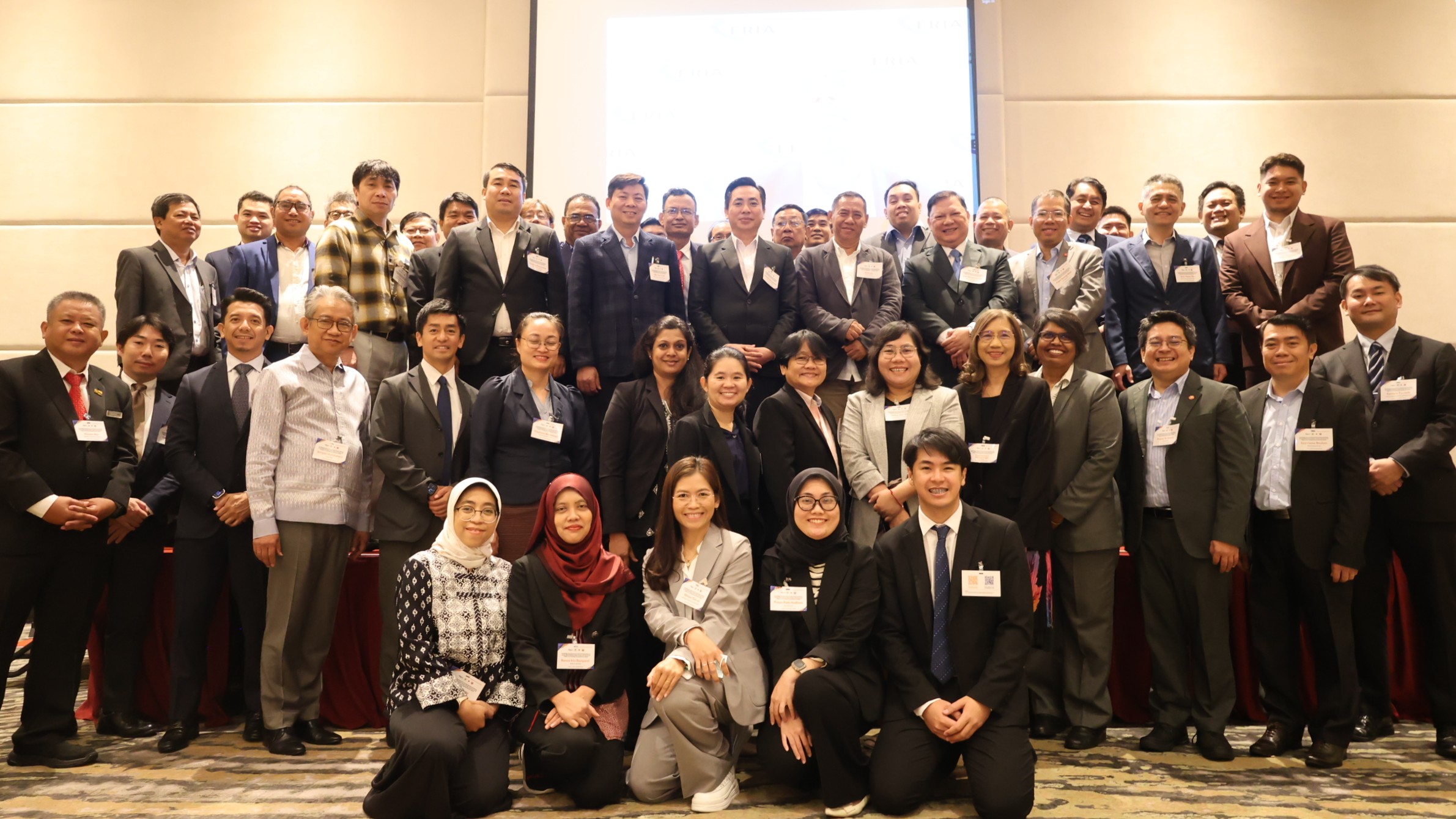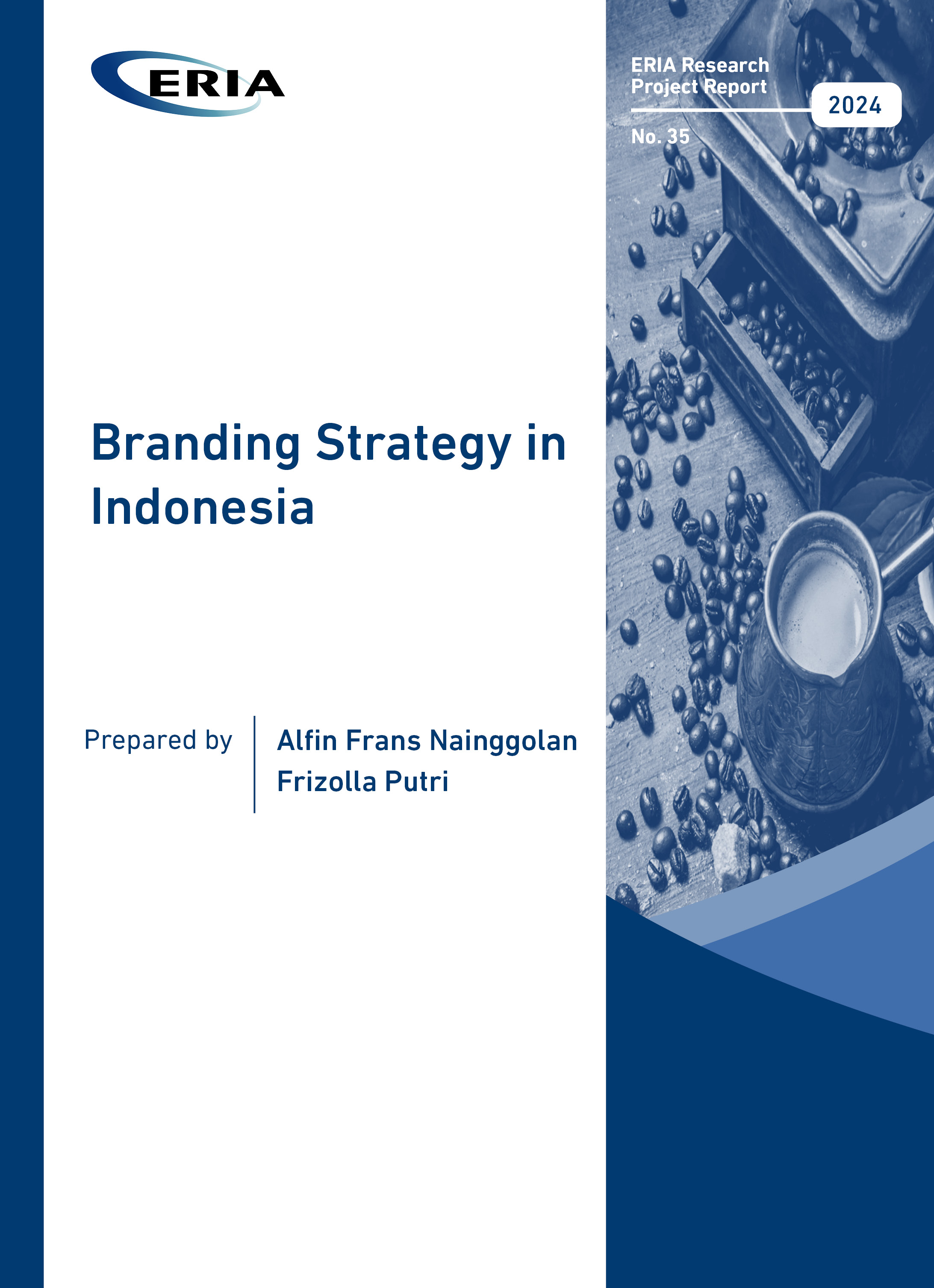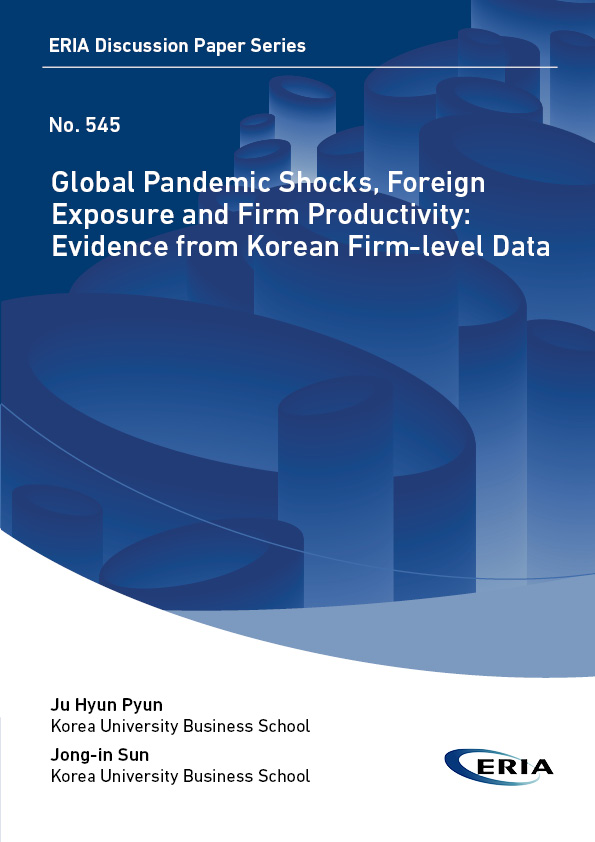ERIA Joins HLF MSP Bappenas 2024: Focus on Empowering SMEs in Global Trade
Share Article:
Print Article:
Bali, 1–3 September 2024: ERIA’s Senior Economist, Dr Lili Yan Ing, delivered a speech at the High-Level Forum on Multi-Stakeholder Partnership 2024, hosted by Indonesia’s Ministry of National Development and Planning (BAPPENAS).
The forum was inaugurated by the President of the Republic of Indonesia, H.E. Joko Widodo. It was also attended by key ministers, including the Minister of Defence and President-Elect of the Republic of Indonesia, H.E. Prabowo Subianto; the Prime Minister of the Democratic Republic of Timor-Leste, H.E. Xanana Gusmão; the Minister for National Development Planning, H.E. Suharso Monoarfa; the Coordinating Minister for Maritime Affairs and Investment, H.E. Luhut Pandjaitan; as well as leaders, ministers, business representatives, and prominent academics from East Asia, South America, and Africa.
The first thematic session, titled ‘Redoubling Business Actors' Participation in the Global Supply Chain,’ was opened by the Vice Minister of Foreign Affairs of Indonesia, H.E. Pahala Mansury. The session was chaired by Kim Eric Bettcher, the Director for Policy and Programme Learning at the Centre for International Private Enterprises (CIPE). Other speakers included the Minister of Trade and Industry of the Republic of Rwanda, H.E. Prudence Sebahizi; the Deputy Director of the Global Alliance for Trade Facilitation, José Raúl Perales; and the Chairman of the Indonesian Chamber of Commerce and Industry (KADIN), M. Arsjad Rasjid.
Sebahizi highlighted Rwanda’s ambitious targets, noting that the country has been steadily advancing its economic development at a rate of 8% over the last decade and is now aiming for a steady growth rate of 9.5% over the next 5 years. The private sector in Rwanda is predominantly composed of SMEs (90% of businesses are SMEs), with the services sector contributing more than 60% of Rwanda’s GDP, followed by agriculture, which contributes around 20%–25% of GDP, and manufacturing. In response to this, Rwanda’s government strategy focuses on uplifting SMEs to enable their participation not only in national markets but also in the global value chain.
Perales emphasised the cohesive vision driving the Global Alliance for Trade Facilitation. He noted that, despite initial differences in operational views, all involved parties – governments, businesses, and other stakeholders – are united by a shared commitment. The alliance aims to demonstrate the constructive role of the private sector in trade reforms and border management, with its efforts supported by measurable results that highlight its effectiveness in achieving significant trade facilitation outcomes.
Rasjid discussed WikiExport as a key initiative by KADIN to support and empower SMEs. This platform functions as an information hub and includes a chatbot designed to assist SMEs in understanding policies and related matters in their native languages, facilitating their navigation through the complexities of the business landscape.
Dr Ing highlighted ASEAN’s vast potential to enhance its participation in global supply chains, particularly in the semiconductor and digital sectors. ASEAN contributes approximately 25% to global semiconductor exports, which grew from US$52 billion in 2017 to US$269 billion in 2023. Additionally, ASEAN’s digital economy, valued at US$259 billion in 2023, is projected to reach US$1 trillion by 2030, driven by significant internet penetration. To capitalise on these opportunities, Dr Ing suggested focusing on improving both physical and digital infrastructure, as well as investing in human capital development.
Dr Ing also advocated for multi-stakeholder partnerships, including public–private collaborations and regional initiatives, to facilitate the exchange of expertise and provide targeted support. Drawing on success stories from Taiwan and the Republic of Korea, she emphasised that strategic government investments in infrastructure and R&D are crucial for empowering ASEAN's smaller businesses to thrive in the global market.
Dr Lili Yan Ing's Presentation
Publication: Regional Integration and Non-tariff Measures in ASEAN
Publication: Economic Transformation and a New Economic Order

.jpg)






